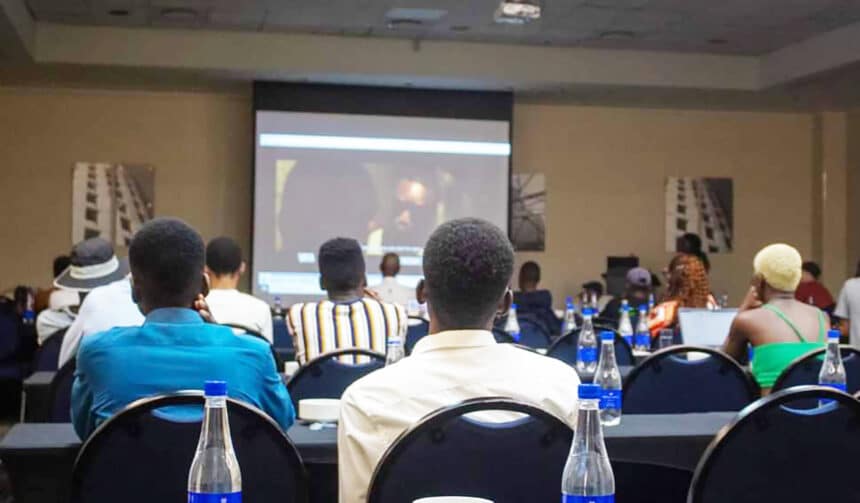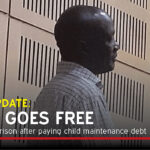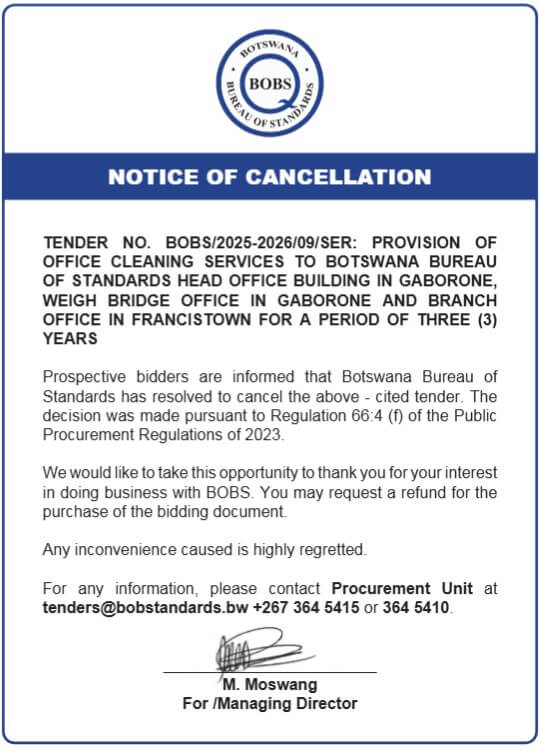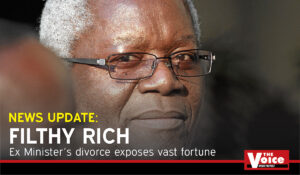If the past few years have taught filmmakers anything, it’s that there is a huge appetite for African stories.
Films like A United Kingdom (2017), Black Panther (2018 & 2022) and The Woman King (2022) broke box office records, becoming some of the highest grossing films.
Another common factor is that all the three films are African stories, shared through a Westener’s pen and lens, a phenomenon which attendees at the recent inaugural Botswana International Film Festival (BIFF) were cautioned against.
This year’s festival was themed “capturing our narratives” with the mandate of encouraging Africans to share their own stories through film.
In her presentation, Nano Mothibi from the Gauteng Film Commission highlighted that “The first world has realised that Africa’s creative industry is the golden economy, which is why they are positioning themselves to appropriate and commercialise our narratives.”
She added that, while African governments are censoring artists and defunding the creative sector, these first world countries will be more than happy to pump money into telling African stories according to their own narratives.
The downside of this, however, is that our stories will be depicted through their own gaze, which in many instances misrepresents Africa.
Additionally, the revenue and all other rights will be enjoyed by them instead of the people whose stories they are telling.
In addition to Mothibi, the other panelists included Copyright Society of Botswana (COSBOTS) CEO Letlhogonolo Makwinja, Masego Jeremiah from Botswana Communications Regulations Authority (BOCRA), Glendyrr Bailey from Namibian Broadcasting Commission and Onke Dueko from the South African National Film and Video Foundation (NFVF).
They each encouraged filmmakers to focus more on telling their own stories instead of trying to remake Hollywood in Africa.
Other topics discussed included Streaming Platforms, Distribution, Directing, and Intellectual Property and Copyright.














